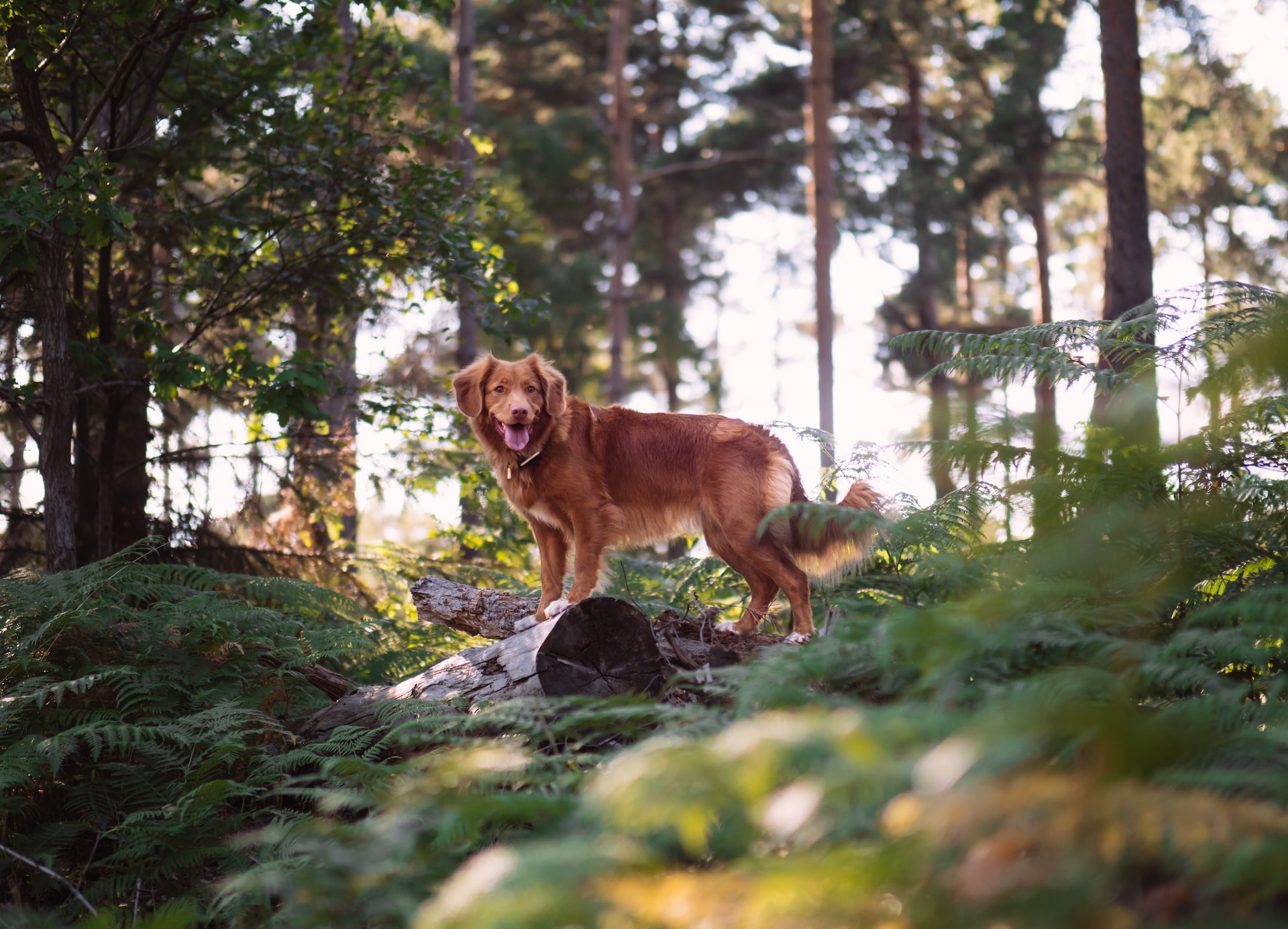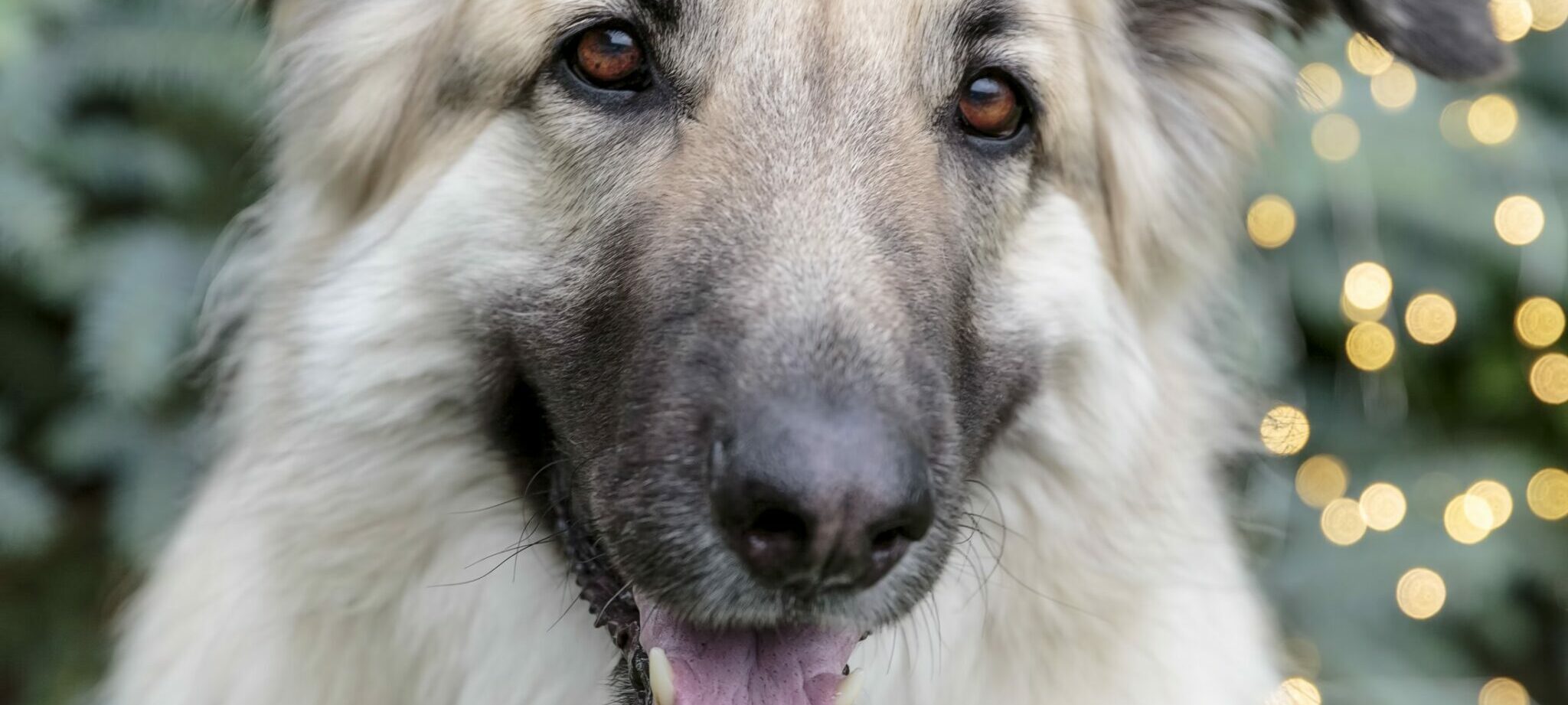
14 Jul I Give My Dogs Deer/Elk Antlers To Chew On…Is This OK? Absolutely NOT!
I enjoy walking through the aisles of pet supply stores just to see what they’re selling and listen to staff members talk about why this toy or that toy is good for your dog to chew on. Many times, the team members are spot on, but unfortunately, most don’t understand how dangerous hard chews like antlers are for dogs.
Hard chews, such as bones, antlers, or certain synthetic materials, are often marketed as dental aids that help clean teeth and exercise jaw muscles. They can offer a natural way for dogs to satisfy their instinctive urge to chew. However, it’s crucial to be aware of the MAJOR hazards associated with hard chews. Examples of chews that are too hard for dogs are deer and elk antlers, as well as Nylabones and Cow hooves/knuckles.


Tooth Fracture
When a dog chews on a hard bone or antlers, it uses its cheek teeth, which have points or tips. Unlike molars that are flat and used for grinding, the maxillary 4th premolar and mandibular 1st molars have significant points. As a dog likes to aggressively chew on a hard bone, many times the bone slips or too much force is applied by your pet and it causes the tip cusp to break. The tooth that most often is the victim of this is the maxillary (upper) 4th premolar tooth. In many instances, this break extends into the pulp cavity or below the gumline (or both).

If the tooth fracture doesn’t go into the pulp cavity, the tooth may still die and cause a seriously painful situation. Initially, the tooth may become very sensitive and unless these underlying dentin tubules are sealed, bacteria can ingress into the root canal system and kill the tooth, which can lead to infection and serious pain. If the tooth fracture goes into the pulp cavity, then the tooth must receive a root canal or surgical extraction. LEAVING IT ALONE OR KEEPING AN EYE ON IT IS NOT A VIABLE TREATMENT OPTION!

Complicated crown/root fracture of the left maxillary 4th premolar tooth caused by chewing on elk antlers. This tooth had to be surgically removed.
Gastrointestinal Complications
Another potential danger of hard chews is the risk of gastrointestinal complications. Chews made from bones, antlers, or other hard materials can cause obstructions or gastrointestinal injuries if dogs chew off large chunks or swallow small pieces. This can lead to choking or digestive issues.
Choosing Safe Dental Chews for Pets
When selecting a chew, consider softer alternatives such as rubber or nylon toys specifically designed for chewing. These options can still provide the benefits of dental hygiene and mental stimulation without the risks associated with harder materials. Always follow the manufacturer’s guidelines and choose products that are durable, non-toxic, and suitable for your dog’s size and chewing habits.
What do I recommend? I like Goughnuts and Kongs, as well as softer rawhide chews like CET Veggie Dents. Each morning my pets Nikko and Pearl get an OraVet chew. Check out our Facebook page (YourPetDentist) and see the video of them enjoying their daily chew.

Final thoughts: Steer away from any hard chew that can potentially fracture your dog’s teeth. If the chew/bone hurts when you tap your knee with it, it’s too hard for your pet.
Barden Greenfield, DVM, DAVDC – Your Pet Dentist of Nashville
Images used under creative commons license – commercial use (7/13/2023). Photo by Jamie Street on Unsplash


